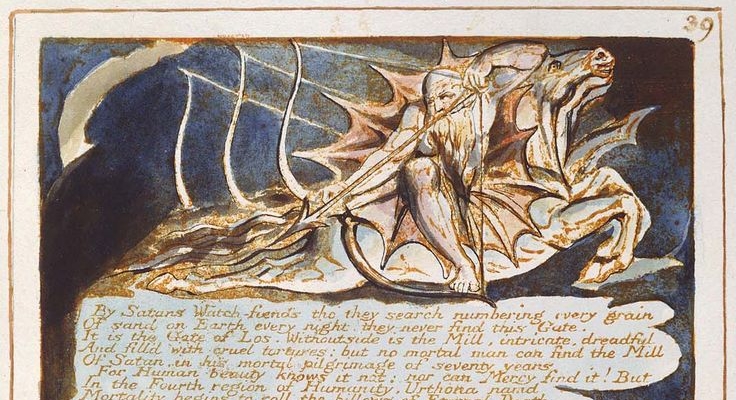“Also unto thee, O Lord, belongeth mercy; for thou renderest to every man according to his work.
”
To those who say that they believe in this false doctrine of substitution, I respond: To believe in it is your punishment for being able to believe it; you may call it your reward, if you will. You ought not to be able to believe it. It is the merest, poorest, most shameless fiction, invented without the perception that it was an invention—fit to satisfy the intellect, doubtless, of the inventor, else he could not have invented it. It has seemed to satisfy also many a humble soul, content to take what was given, and not think; content that another should think for him, and tell him what was the mind of his Father in heaven. Let the person who can be so satisfied, be so satisfied; I have not to trouble myself with him. That he can be content with it, argues him unready to receive better. So long as he can believe false things concerning God, he is such as is capable of believing them—with how much or how little of blame, God knows. Opinion, right or wrong, will do nothing to save him. I would that he thought no more about this or any other opinion, but set himself to do the work of the Master. With his opinions, true or false, I have nothing to do. It is because such as he force evil things upon their fellows—utter or imply them from the seat of authority or influence—to their agony, their paralyses, their unbelief, their indignation, their stumbling, that I have any right to speak. I would save my fellows from having what notion of God is possible to them blotted out by a lie.
Commentary
by Leah Morency
Reflecting on today's excerpt of Justice, I hear MacDonald describe his perspective on the acceptance of man's teachings that shrink God into man's intellectual box. Each individual man truly can only see one step ahead in his path, although we may, if blessed, imagine so much more, and the important thing is to keep journeying forward, seeking God's will, continually seeking Him. At one time, the substitutionary atonement was a comfort to me. Now, I see it as MacDonald describes.
To understand it more deeply, and as an artist, I looked to William Blake's rather eccentric genius, in which he rejects this "atonement" as put forward by Church dogma. The image I share is more an invitation to challenge the acceptance of church dogma as evolved or even invented in the history of religious man's intellectual exercises. There is so much more to say on this, but as my understanding of this subject is still in its very beginning stages, I am only ready to share my eager spirit and my open heart to the vast landscape of God's love and power, and invite you to consider this with me.
Greville MacDonald had this to say in the opening page of his book The Sanity of William Blake, "All criticism is based upon some standard of convention. Yet, in spite of the fact that our education necessarily favours such standard, our instincts are often finely rebellious in their repudiation of convention. And we secretly honor all who outdare custom, though we openly fear and perhaps deride them... We publicly pity and even pretend to despise all who are not of the fold; yet in our hearts we often admire them. It is indeed curious. Though we know our conventions are but dummies of formalism, we cringe like very Pharisees before them and hug it to our hearts that we are as other men."
This is one example of Blake's response to atonement theology, the following words and illustration in his prophecy Jerusalem, "Los answered, troubled: and his soul was rent in twain: Must the Wise die for and Atonement? does Mercy endure Atonement? No! it is Moral Severity and destroys Mercy in its Victim."


